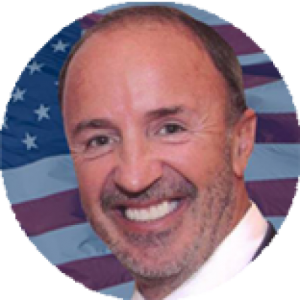For the third time, Brazil’s Luiz Inácio Lula da Silva was sworn in as president, taking office amid heightened political tensions after a close race with the far-right incumbent Jair Bolsonaro.
In a speech in Congress’ Lower House, Lula promised to bring his country “hope and reconstruction.”
“The great edifice of rights, sovereignty and development that this nation built has been systematically demolished in recent years,” he said. “To re-erect this edifice, we are going to direct all our efforts.”
Though not naming Bolsonaro by name, he promised that members of his predecessor’s administration would be held accountable.
“We do not carry any spirit of revenge against those who sought to subjugate the nation to their personal and ideological designs, but we are going to ensure the rule of law,” Lula said. “Those who erred will answer for their errors, with broad rights to their defense within the due legal process.”
The leftist defeated Bolsonaro in the Oct. 30 vote by less than 2 percentage points. For months, Bolsonaro had sown doubts about the reliability of Brazil’s electronic vote and his loyal supporters were loath to accept the loss.
Many have gathered outside military barracks since, questioning results and pleading with the armed forces to prevent Lula from taking office. His most die-hard backers resorted to what some authorities and incoming members of Lula’s administration labeled acts of “terrorism” – prompting security concerns about inauguration day events.
Lula has said his priorities are fighting poverty and investing in education and health. He has also said he will bring illegal deforestation of the Amazon to a halt. He sought support from political moderates to form a broad front and defeat Bolsonaro, then tapped some of them to serve in his Cabinet.
RUSSIA’S LAVROV FLAT OUT REJECTS ZELENSKY’S CONDITIONS FOR ‘PEACE FORMULA’
Lula left office with a personal approval rating of 83%, but political analysts doubt he will ever retain the popularity he once enjoyed. The credibility of Lula and his Workers’ Party were also tarnished by a corruption investigation. Party officials were jailed, including Lula — whose convictions were later annulled on procedural grounds. The Supreme Court later ruled that the judge presiding over the case had colluded with prosecutors to secure a conviction.
Lula and his supporters have maintained he was railroaded. Others were willing to look past possible malfeasance as a means to unseat Bolsonaro and bring the nation back together.
But Bolsonaro’s backers refuse to accept someone they view as a criminal returning to the highest office. And with tensions running hot, a series of events has prompted fear that violence could erupt on inauguration day.
The Associated Press contributed to this report.






